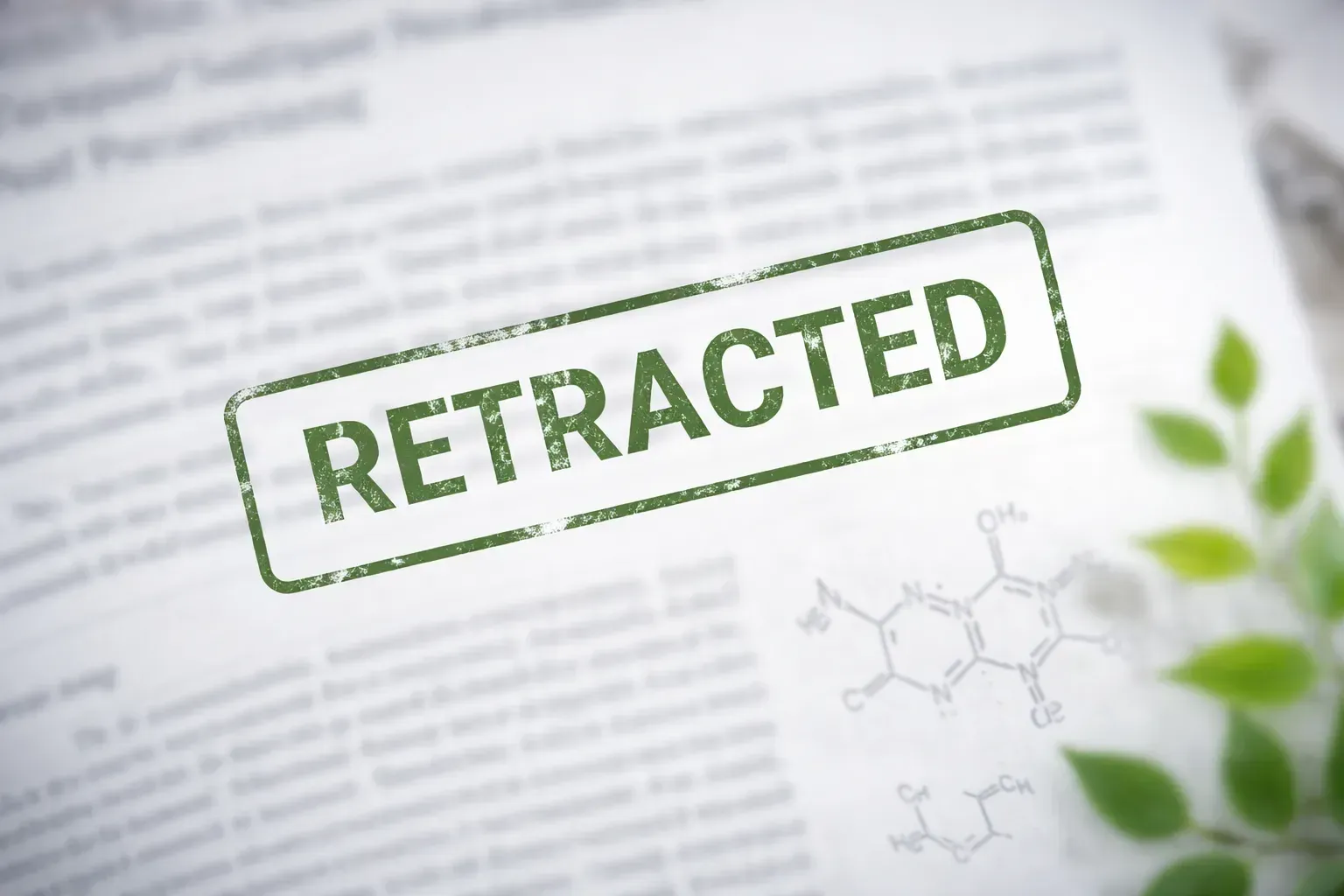Glyphosate Health Risks
November 4, 2025
Reference List
Glyphosate Health Risks
- Exposure to glyphosate increases the risk of a cancer called non-Hodgkin lymphoma by 41 percent
https://www.sciencedirect.com/science/article/abs/pii/S1383574218300887
- Ramazzini Institute (2018) – Early-life exposures disrupt development, gut microbiome, hormone levels, and DNA integrity:
https://www.ncbi.nlm.nih.gov/pmc/articles/PMC5972398/?utm_source
- Panzacchi et al., 2025 – Lifetime exposure to glyphosate at low doses in rats caused benign and malignant tumours:
https://ehjournal.biomedcentral.com/articles/10.1186/s12940-025-01187-2
- NHANES Analysis, 2013–14 – Higher urinary glyphosate associated with memory loss, depression, and hearing difficulties:
https://www.sciencedirect.com/science/article/abs/pii/S001393512301664X
- Ecuador Teen Study – Adolescent glyphosate exposure linked to poorer attention, memory, language, and inhibitory control:
https://www.eurekalert.org/news-releases/1003778
- Rodent study – Maternal glyphosate exposure caused autism-like behaviours in offspring:
https://pubmed.ncbi.nlm.nih.gov/32398374/
- Environmental Health (2022) – Glyphosate detected in 99% of pregnant women; higher exposure associated with shorter pregnancies:
https://ehjournal.biomedcentral.com/articles/10.1186/s12940-022-00906-3?utm_source - Oxidative organ damage – Glyphosate provokes oxidative damage in rat liver and kidneys:
https://www.ncbi.nlm.nih.gov/pmc/articles/PMC4756530/?utm_source
- Glyphosate in breast milk – Linked to infant deaths in India:
https://beyondpesticides.org/dailynewsblog/2023/02/pesticides-in-breast-milk-linked-to-over-100-newborn-deaths-in-less-than-a-year/

A scientific paper assessing the safety of glyphosate, the active ingredient in Roundup, was formally retracted in 2025, 25 years after its publication. The 2000 study had concluded that glyphosate was safe for humans. The retraction followed evidence from court documents released in 2017 showing that company employees had contributed to the paper without being listed as authors — a practice known as ghostwriting. Despite these concerns being publicly known for several years, the journal did not issue a retraction until 2025. Before its withdrawal, the paper was widely cited and relied upon by regulators in assessing glyphosate’s safety. Its retraction highlights the importance of transparency, independence, and caution when research is used to inform public health and environmental policy. What is glyphosate? Glyphosate is the active ingredient in many weedkillers used in NZ, including Roundup. Roundup was originally developed by Monsanto, which has since been acquired by Bayer. Read more about independent research indicating harm associated with glyphosate use. C&EN: Glyphosate study from 2000 retracted amid corporate-influence concerns https://cen.acs.org/research-integrity/misconduct/Glyphosate-study-2000-retracted-amid/103/web/2025/12?utm_source=chatgpt.com

The New Zealand Government is promoting its Gene Technology Bill as an “update to match science and technology.” In reality, this law would deregulate genetically engineered (GE) crops in ways that ignore well-documented harms and global experience. Independent research and international case studies demonstrate that GE crops are not only failing to deliver safety promises but are also directly linked to ecological damage, health risks, and costly regulatory failures. An example of just one study's conclusion following chronic ultra-low dose Roundup exposure: "Our results suggest that chronic exposure to a GBH in an established laboratory animal toxicity model system at an ultra-low, environmental dose can result in liver and kidney damage with potential significant health implications for animal and human populations."




